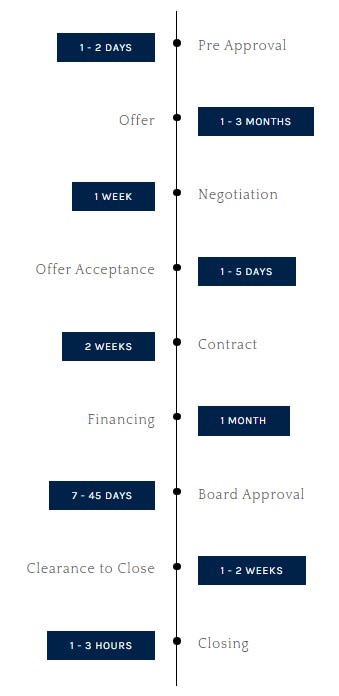ASSESSMENTS: An amount of money that a condominium/cooperative trust needs owners to pay in order to finance a project or outstanding debt that was not part of the annual budget. These projects are for the common good of the building whether it be hallways, lobbies, roofs, mechanical systems, water or even the building façade work.
COMMON CHARGES: A condo fee that includes building operating costs and management fees.
FLIP TAX: A fee paid by a seller or buyer when purchasing in a co-op. It is not a government tax. It is a transfer fee to profit the building on the sale on an apartment. Flip tax can be negotiated or a co-op will have a strict rule on whether buyer or seller pays.
MAINTENANCE FEE: A co-op fee that includes utilities, building insurance, property tax and staff salaries. A percentage can be tax deductible but varies by building.
MORTGAGE CONTINGENCY: A provision in a purchase contract saying that if the prospective buyer cannot get a mortgage within a fixed period of time with the specified terms, the buyer can call off the whole deal and get back his deposit.
PROPERTY TAX ABATEMENTS: The government grants a reduction or exemption from taxes for a specific period in order to stimulate real estate or industrial development. The most common is 421a - this exemption lasts for 10 years, giving owners a 100 percent exemption from any increases in their real estate taxes for two years, then phasing out the exemption by 20 percent every two years over the remaining eight years. In Upper Manhattan and the outer boroughs, the exemption can last for 15 or 25 years.
PROPRIETARY LEASE: A lease given by a cooperative corporation that provides the share owner with the right to live in a particular unit or apartment.
REAL ESTATE TAXES: For a condo, this is a separate NYC tax bill.
SUBLETTING: Leasing to a subtenant. Ex: If you own a co-op you’re subletting to a renter because you have a proprietary lease with the co-op.
